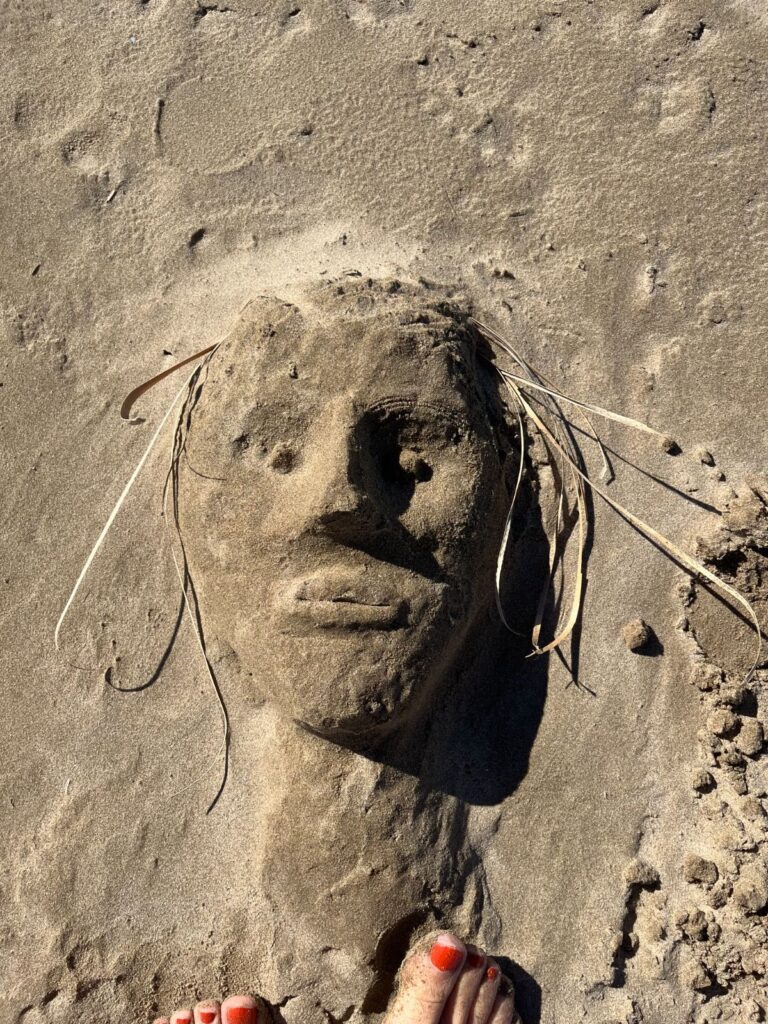
I don’t want to be the best version of myself.
There, I said it. This might as well be the end of this blog post. But no, I want to ramble on and bore you to death.
How do you define being the best? You can measure the tallest person in the world, you can calculate someone’s wealth and call them the richest person, or you can say someone is the best footballer because they have skills no one else has. But the best version of myself? How do I measure or define that? Also, it is a bit uncertain, isn’t it? What if this is the best version of myself? Maybe I am already there, and that’s it. This is the best I can ever be. It might be, and that is not the end of the world. We have this obsession with being perfect and flawless. ‘Room for improvement’. Your manager writes this down on your quarterly performance report. What if there isn’t any? What if this is the best you can do? Let me tell you what happens then: Nothing. And this is totally, utterly, and fantastically fine.
Also, let’s imagine we have the ability to know and assess when we become the best versions of ourselves. Then what’s going to happen? Where will I go from there? Will the next step be a lifelong struggle to maintain that version?
The self-help industry created this ‘best version of yourself’ idea. The entire sector is built on convincing us that there’s something wrong with us, that any discomfort we feel is a fatal flaw that needs fixing. But being human is a very complex experience. It is very messy. We need to experience all that, all that comes with being human.
I don’t want to be the best version of myself because that version doesn’t exist. I want to be better, though. Not better than last year or eight months ago, but better than yesterday. That would do for me. In all honesty, that’s what everyone can achieve realistically. Because life is hard. Some days getting up from bed can be a struggle. Some days I live life so smoothly, like Michael Jackson moonwalking across the stage. Or I pretend so astonishingly that if Dame Judi Dench was watching, her jaw would drop. But some days I am on autopilot, you know, when you drive somewhere, you arrive at the destination but don’t remember the journey at all. Like a blackout state.
I am not against growing and developing as a human. I know that is in our nature, but I don’t want to judge different versions of myself in terms of value. Each version of myself is equally valuable. That includes my version right now, the one I’ve been, and the one I am becoming. They all matter. Even the wild and wicked ones. And those are the ones that especially need a hug.
It is easier said than done, though. Accepting yourself is one of the hardest things anyone can do. The reason is that we are always made to feel not good enough, either by our families, friends, teachers, or the society we live in.
Society tells us there is such a thing as your ‘best self’, both directly and indirectly.
Indirectly, this message is built into our education system, which suggests that getting more degrees makes you more valuable in the job market and in life.
Directly, the self-help industry pushes us to get rid of parts of ourselves that might actually make us special. This way, they can sell us courses, training, and books to ‘fix’ all the flaws they claim are stopping us from being the ‘best version of ourselves’.
When you google ‘best version of yourself’, you get about 25,270,000,000 results. Long lists of articles, videos, images, blog posts (I am now contributing to that long list). Let’s think for a second: What does the word ‘best’ imply, though? If you read all those self-help books, watch all those videos, read all the articles, and do the work obsessively, at some stage you will arrive at that destination. When will that be? Is it when you buy that house? Or is it when you get that job? End a relationship and find someone new? When you travel to that exotic destination? Or when you lose weight and become slim? It all sounds great. But what will happen after that? I don’t want to be 80 years old and think, “I became my best self when I was 30.” That would suck. That would mean that for 50 years, I didn’t grow. I didn’t change. I didn’t expand. I didn’t transform. It’s a bit of a cliché, but I will say it anyway: It is the journey that counts, not the destination.
So calm down. Everything is happening as it should be. All is good.
You’re fine.
You’re fine.
You’re fine.